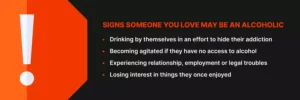
Alcohol can damage body tissues and =https://ecosoberhouse.com/ interfere with your body’s ability to absorb nutrients and break down harmful chemicals. These effects can increase your risk of various types of cancer, including mouth, throat, esophagus, breast, liver, and colon cancer. It’s not uncommon for young adults to encourage one another to drink in excess, mix their drinks, or add rounds of shots.
Depression in Older Adults
Adopting a healthy lifestyle is a cornerstone in maintaining sobriety and preventing relapse for individuals recovering from binge drinking. A balanced diet and regular exercise can significantly impact well-being and support long-term recovery. Addressing binge drinking requires a multifaceted approach that can involve self-help methods, professional intervention, and community support.
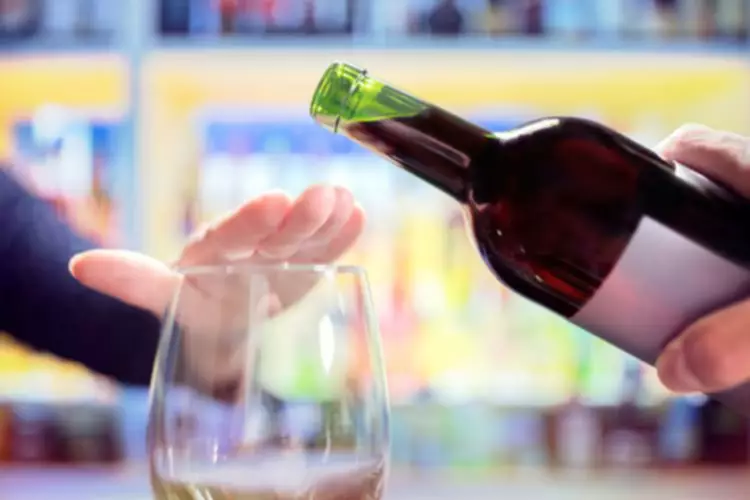
Women & Alcohol: The Real Risks (And What You Need To Know)
Many people enjoy drinking socially, but it can be challenging to identify when social drinking crosses the line into binge drinking, albeit problematic binge drinking. Understanding and being drug addiction treatment honest about your drinking habits is the first step to determining whether you have a problem. Simply explain why you’re concerned about their binge drinking.
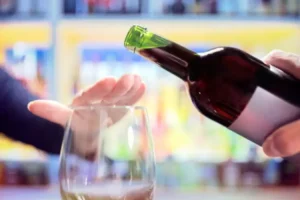
More on Substance Abuse and Addiction
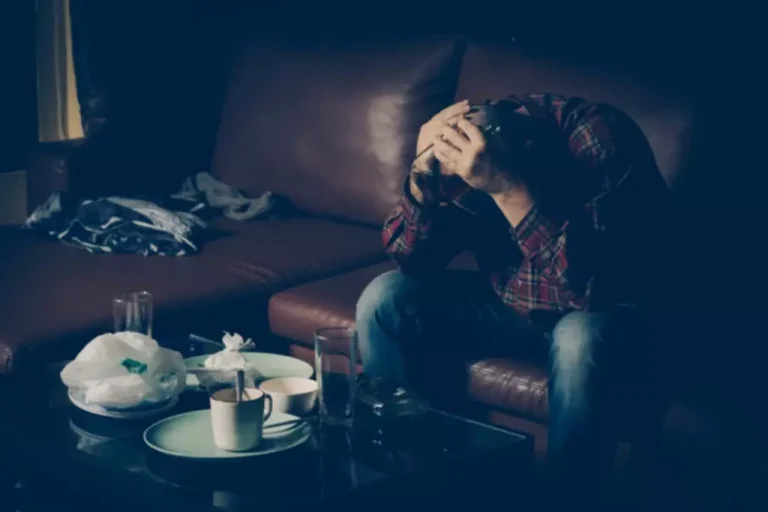
If you find that you are having difficulty quitting binge drinking, reach out for professional help. Quitting binge drinking and other toxic drinking habits is not necessarily easy on your own. And if you continue down this path, alcohol abuse can be dangerous and even deadly. Binge drinking can lead to several short-term and long-term effects. Someone who binge drinks may experience impaired judgment, nausea, vomiting, and how to stop binge drinking even unconsciousness.
For example, the connection between alcohol and depression is well established. It leaves around 60% of people in alcohol treatment also needing mental health treatment. Periods of isolation or a lack of direction in life can lead individuals to use alcohol to fill the void. Drinking becomes a way to pass time, distract from feelings of loneliness, or provide a sense of purpose in the absence of fulfilling activities.
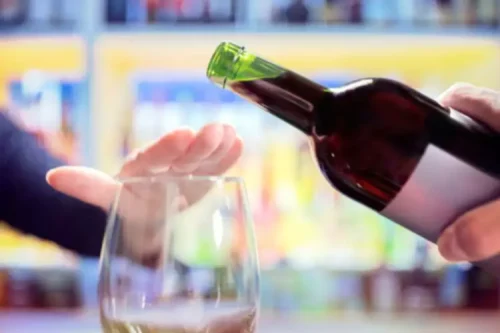
Engage In Treatment Modalities such as Therapy and Physician Care
In the United States, the National Institute on Alcohol Abuse and Alcoholism reports that about 25% of adults engage in binge drinking, with an average of four episodes per month. According to the Office for National Statistics, around 26% of adults aged 16 and over in England engaged in binge drinking at least once in the last week, based on data from 2019. Those who seek new and intense experiences may also be more likely to engage in risky drinking behaviors. Additionally, individuals with low distress tolerance may use alcohol to quickly alter their emotional state despite the potential adverse outcomes. Certain personality traits can predispose individuals to binge drinking. Impulsiveness, for instance, can lead to spontaneous decisions to drink excessively without considering the consequences.
- People who have less of this potassium channel have to drink more alcohol to get the same reward as people with normal levels.
- These factors can lead individuals to consume excessive amounts of alcohol in a short period, driven by the need to conform to social norms.
- Knowing what might make it more likely for you to slide into your cycle of binge eating can also help you manage those situations, according to Brandenburg.
- You might arrive at a friend’s party in an upbeat and energized mood, but by the end of the night, you’re feeling sick and regretting your decisions.
- It might also be worth checking out a 12-step program in your area, like Alcoholics Anonymous or SMART Recovery, to see if it feels like something that might be useful for you.
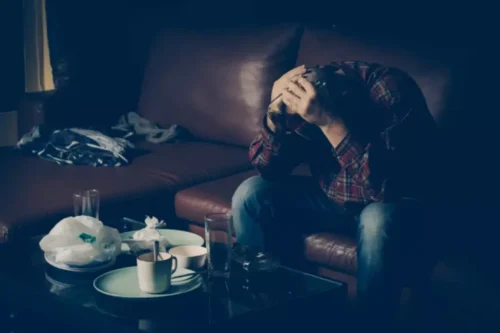
As a depressant, alcohol can lower your mood and make negative emotions worse. Drinking can lead to hangxiety, which is mix of a hangover and anxiety. For some, alcohol serves as a tool to cope with social anxiety. It can lower inhibitions and boost confidence, making it easier to interact in social settings. For those who struggle with social anxiety, alcohol can seem like the perfect solution to their problems. The initial ease and comfort provided by alcohol can reinforce its use as a crutch in social situations, leading to repeated binge drinking episodes in an attempt to manage anxiety.


